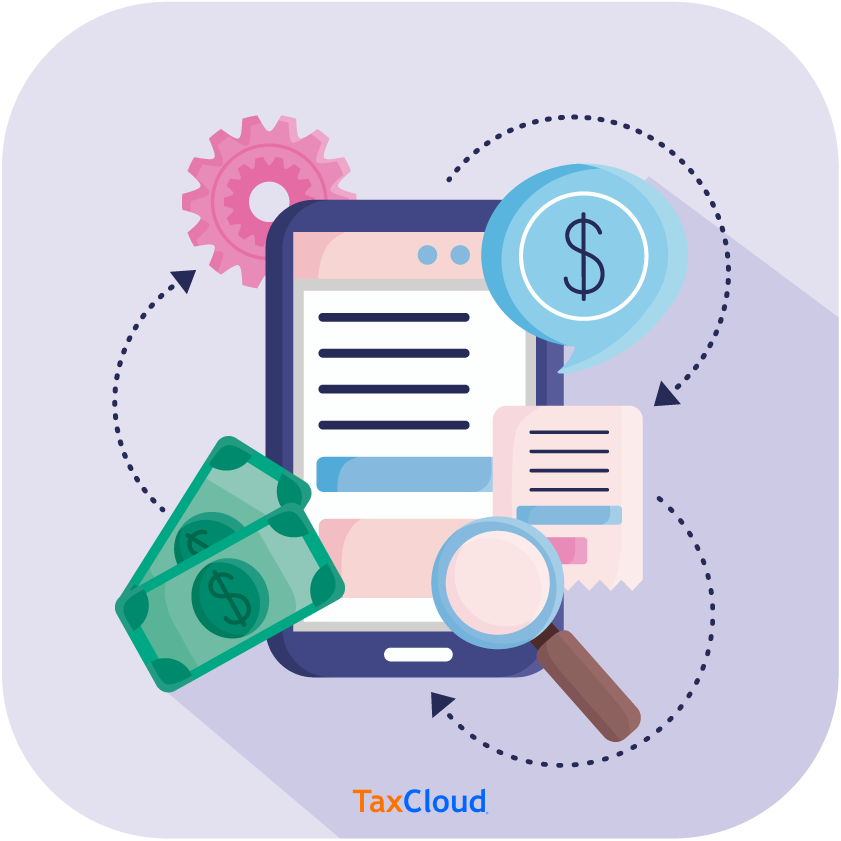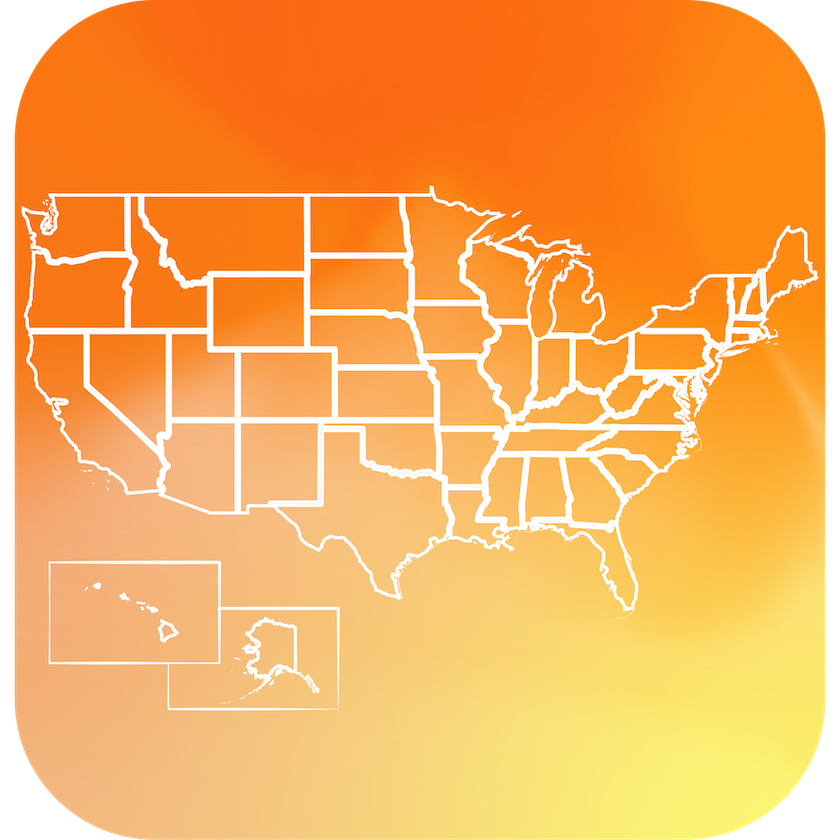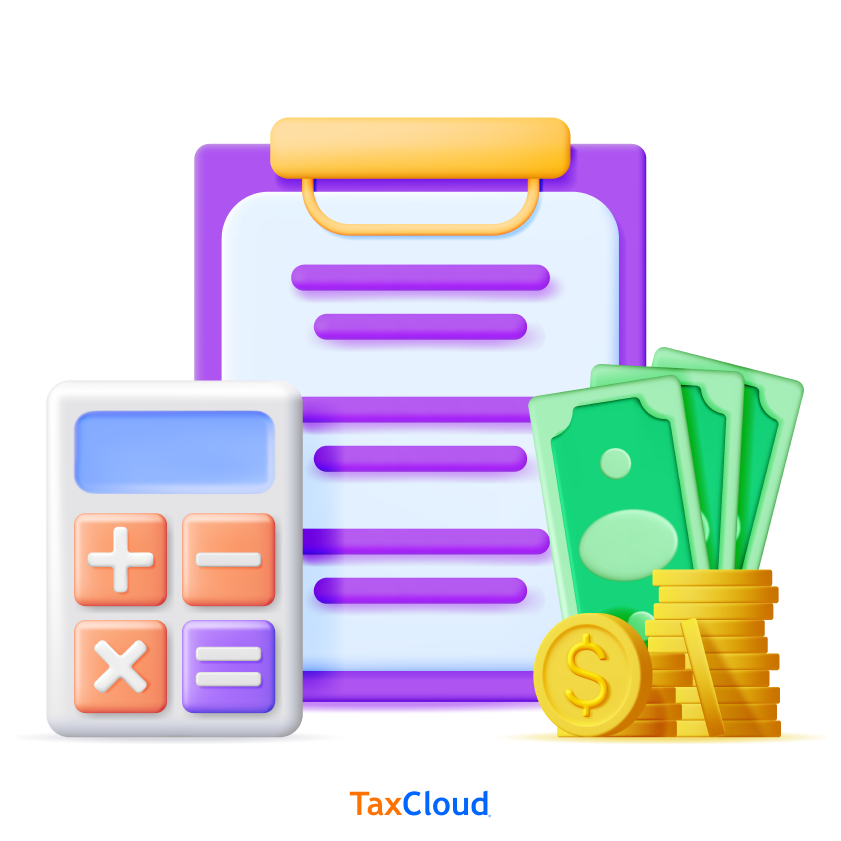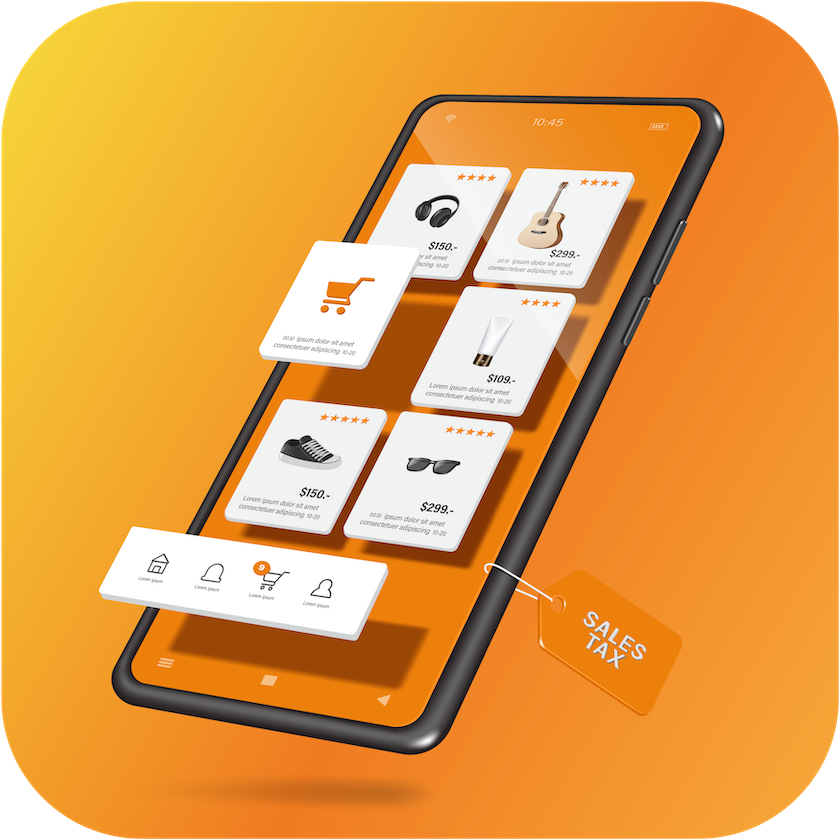New year, new rates. Sales tax changes in the US
Running an ecommerce business these days requires near constant effort to keep up-to-date with the evolving sales tax landscape. Just like in 2023, which saw tens of thousands of sales tax changes, 2024 is set to see a number of sales tax laws shift. That includes everything from more state-specific sales tax holidays, new sales tax laws, sales tax rate changes, additional sales tax exemptions, and more.
Join us as we kick off 2024 by running through the new sales tax laws in 2024 state by state so you know what to expect this year. We’ll focus on changes to state sales tax law but there might be other changes to local or municipal sales tax laws in the states you do business in.
If you want to make sure you’re on top of all the sales tax law changes without having to do all the leg work – TaxCloud can help!
Alabama
There are no 2024 Alabama sales tax laws or changes as of January 2024.
Alaska
There are no 2024 Alaska sales tax updates as of January 2024.
Arizona
There are no 2024 Arizona sales tax updates as of January 2024.
Arkansas
In 2024, Arkansas has one main sales tax update at the state level. Businesses that gross an average of $5,000 in tax liabilities or more in the previous year are required to file all returns and remittances electronically starting January 1, 2024.
California
In 2024, California has no major sales tax updates but as of January 1, 2024, some beverage distributors and manufacturers are required to pay a recycling fee under the California Bottle Bill Act. The amount is between $0.05 to $0.25 depending on the size and type of bottle.
Colorado
There are no 2024 Colorado sales tax changes as of January 2024.
Connecticut
There are no 2024 Connecticut sales tax changes as of January 2024.
Delaware
There are no 2024 Delaware sales tax changes as of January 2024.
Florida
On January 1, 2024, Florida fuel tax rates on motor fuel and diesel fuel increased from 20.2 cents per gallon to 21 cents per gallon. These increases are part of a set of annual adjustments since Florida tax law requires annual adjustments to state fuel tax rates.
Georgia
In Georgia, 2024 sees sales tax changes to digital products, which will no longer be exempted from the state’s 4% sales tax as of January 1, 2024. Not all types of digital products will be taxed. Georgia’s sales tax update specifies that it only applies to digital audio-visual works, digital audio works, or digital books.
That includes:
- Artwork
- Photographs
- Periodicals
- Newspapers
- Magazines
- Video or audio greeting cards
- Video games or electronic entertainment
Hawaii
In 2024, Hawaii is instituting a new excise tax of 70% of the wholesale price assessed on electronic smoking devices and liquids.
Idaho
There are no 2024 Idaho sales tax changes as of January 2024.
Illinois
There are no 2024 Illinois sales tax changes as of January 2024.
Indiana
There are no 2024 Indiana sales tax changes as of January 2024.
Iowa
There are no 2024 Iowa sales tax changes but on December 31, 2023, a sales tax exemption for purchases of computer peripherals by insurance companies, financial institutions, and commercial enterprises expired meaning that these entities will not have to pay Iowa’s sales tax.
Kansas
Kansas changed its sales tax return filing requirements on January 1, 2024. Now, a retailer who collects more than $1,000 but less than $5,000 in Kansas state sales tax in a calendar year can file and remit their returns annually. Before this Kansas sales tax law change, the threshold for filing an annual return was between $400 and $4,000 in a calendar year.
Kansas also changed its sales tax rate for food and food ingredients from 4% to 2% starting on January 1, 2024.
Kentucky
There are no 2024 Kentucky sales tax changes as of January 2024.
Louisiana
There are no 2024 Louisiana sales tax changes as of January 2024.
Maine
Maine is cracking down on vaping with a 43% excise tax> on the wholesale price of electronic smoking devices and liquids.
Maryland
There are no 2024 Maryland sales tax law changes as of January 2024.
Massachusetts
There are no 2024 Massachusetts sales tax law changes as of January 2024.
Michigan
While there are no major sales tax updates in Michigan in 2024, January 1, 2024, marks a change in the state’s gasoline and diesel monthly prepaid sales tax rate as occurs month. The amount tax decreases to 17 cents per gallon of gas and 22.5 cents per gallon of diesel.
Minnesota
Minnesota has no changes on sales tax rates in 2024 but the state’s cigarette sales tax has increased to 73.9 cents per pack of 20 cigarettes.
Mississippi
There are no 2024 Mississippi sales tax changes as of January 2024.
Missouri
There are no 2024 Missouri sales tax changes as of January 2024.
Montana
There are no 2024 Montana sales tax changes as of January 2024.
Nebraska
There are no 2024 Nebraska sales tax changes as of January 2024.
Nevada
There are no 2024 Nevada sales tax changes as of January 2024.
New Hampshire
There are no 2024 New Hampshire sales tax changes as of January 2024.
New Jersey
There are no 2024 New Jersey sales tax changes as of January 2024.
New Mexico
There are no 2024 New Mexico sales tax changes as of January 2024.
New York
In 2024, New York State will be reducing its fuel tax rates to 17.3 cents per gallon of motor fuel and 15.55 cents per gallon for diesel.
North Carolina
There are no 2024 North Carolina sales tax changes as of January 2024.
North Dakota
There are no 2024 North Dakota sales tax changes as of January 2024.
Ohio
In 2024, Ohio’s Commercial Activity Tax (CAT) will undergo significant changes. The tax is imposed on companies doing business in Ohio and measured by the gross receipts from business activity in the state. For tax periods that begin on or after January 1, 2024, the annual minimum for the CAT has been eliminated and the exclusion amount has been increased from $1 million to $3 million in gross receipts.
Oklahoma
In 2024, Oklahoma eliminated its state franchise tax. The tax was previously levied at a rate of $1.25 per $1,000 of capital allocated or employed in Oklahoma.
Oregon
Oregon has increased its fuel tax rates in 2024. As of January 1, 2024, the fuel tax is now 40 cents per gallon for motor vehicle fuel and diesel fuel.
Pennsylvania
There are no 2024 Pennsylvania sales tax changes as of January 2024.
Rhode Island
There are no 2024 Rhode Island sales tax changes as of January 2024.
South Carolina
There are no 2024 South Carolina sales tax changes as of January 2024.
South Dakota
There are no 2024 South Dakota sales tax changes as of January 2024.
Tennessee
There are no 2024 Tennessee sales tax changes as of January 2024.
Texas
There are no 2024 Texas sales tax changes as of January 2024.
Utah
On January 1, 2024, Utah increased its motor fuel excise tax rate from 34.5 cents per gallon to 36.5 cents per gallon.
Vermont
There are no 2024 Vermont sales tax changes as of January 2024.
Virginia
There are no 2024 Virginia sales tax changes as of January 2024.
Washington
There are no 2024 Washington sales tax changes as of January 2024.
West Virginia
There are no 2024 West Virginia sales tax changes as of January 2024.
Wisconsin
There are no 2024 Wisconsin sales tax changes as of January 2024.
Wyoming
There are no 2024 Wyoming sales tax changes as of January 2024.
How to Keep Track of Sales Tax Law Changes
Now that you’ve caught up on all the 2024 sales tax law changes implemented on January 1, 2024, you might think you have all the info you need to handle sales tax in 2024 like a pro. Not so fast! States can make changes to their sales taxes during the year as well. Whether they’re decreeing a new sales tax holiday or creating a new sales tax exemption, there are a number of sales tax changes that can be implemented during the year – sometimes with little advance notice.
So, how do you stay up to date? The easiest way is to let TaxCloud keep track of your sales tax for you. We can handle everything from calculating your sales tax to filing and remitting your taxes. We keep on top of any changes to sales taxes so you don’t have to.
Get in touch to learn how we can help!









